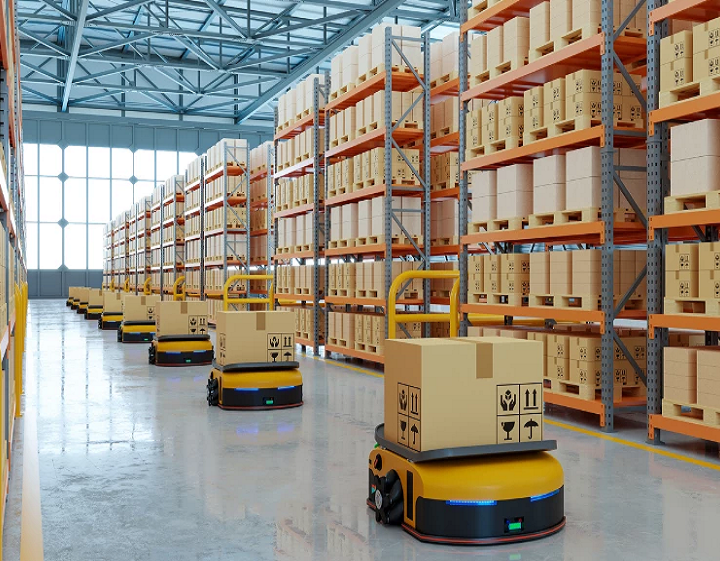The key issues that are often encountered while planning an event in the corporate sector are many but undoubtedly, the most important is the issue that involves choosing the right venue.. Choosing the right place helps make a proper mood, the confidentiality of the discussion, and possible success or failure of the event. Sadly, this is a common scourge among event planners and is the cause of unnecessary stress, extra expenses, and unsatisfied guests when choosing venues. The following are the most common mistakes that people make when choosing a Venue for corporate event and this guide highlights them in detail. Aside from making it easier to navigate the seedier establishments, a good grasp of these potential issues will also assist you in making better decisions regarding the subject matter of your business event, overall goals, company culture, and logistical constraints. Avoiding these mistakes will put the event on the right track to success, and deliver an experience that meets objectives and fulfills your organization’s purpose.
1.Ignoring Your Event’s Core Purpose
First of all, before starting to search for a venue, you need to know what purpose your event will serve. A lot of time, exhibits choose popular facilities that will host their event without regard to whether or not the place is suitable for their event. While both are still a form of planning event, a new product launch with lots of energy and fans is much different from a specific strategic planning session. A training workshop will require a certain spatial configuration and arrangements, while more akin to a networking mixer. Unfortunately, without having the goal or purpose defined and determined, you may end up with a venue that will not only not help achieve your goals, but will actually work against them.
2. Underestimating Space Requirements
One common blunder that people make when choosing a location for an event is to make inadequate estimations about the necessary space. Both extremes – too much empty space and vice versa have their consequences to the experience of attendees and to the further course of the event. An overly crowded venue is uncomfortable, hinders entry and interaction and may be in contravention with assorted legal provisions on capacity, an overly spacious hall on the other extreme can even when full can feel and appear empty. It can also be useful to consider not only the number of attendees but also the number of particular activities that will take place at any particular time. Describe configurable space for registration and check-in, Break areas/rest stops, technical infrastructure, presentation zones, and discussion zones.
3.Neglecting Location Convenience
The perfect venue in terms of size, look and feel, location, etc., is soon transformed into the wrong venue if it is not accessible for the event users. Some planners may fall in love with certain weird or fantastic facilities when they ignore the practical issues that come with mobilizing a group of attendees. A remote location can be beautiful and private but if it takes a lot of time to get there or there are a lot of people that would need to travel several hours, then it would make attendance low for events that are less than a full day. Availability of public transport, airports and principal roads should be taken into consideration.
4.Overlooking Technical Requirements
A firm should pay much attention to technical support yet most planners disregard this crucial determinant when sourcing for venues. These include; lack of enough power outlets, weak emission of Wi-Fi, bad acoustics, or outdated or poorly maintained projectors or speakers. Always come with a checklist of technical requirements and expectations pertaining to the type of display equipment, lighting equipment, charging facilities, and live streaming. Find out regarding the available internet connection especially if your event has some form of application involvement, video or teleconferencing as well as the use of devices by a large number of people. The value of phone signal coverage should be taken into consideration particularly for the basement or when there are areas farther from the main part of the house.
5.Disregarding Ambiance and Brand Alignment
It is imperative to point out the fact that a venue determines the mood of an entire event before any celeb… They often do not realize how an environment and its features convey implicit messages that are either congruent or incongruent with a company or planner’s brand and the event goals. Whereas an avant-garde, ‘faceless’ industrial-style space could fit a cutting-edge tech company’s image exquisitely, a conservative, traditional banking firm could look out of place and overly theatrical. Think about how features such as architectural design, color, lighting and impact, and even the history of the building influence attendees’ impression. Determine whether a natural atmosphere is necessary to create the desired feel and whether extensive decoration is needed, which adds extra cost and adds to the level of difficulty.
6.Failing to Consider Catering Constraints
Catering services have a great influence on the success of an event although contractual constraints may be realized after entering an agreement with a venue provider. Some locations force you to get their preferred caterer which may not meet certain quality, budget and specific needs for dietary restrictions. Some even charge steep prices for external partners for catering services or even ban them completely. Thus, these are some aspects to look at before making this decision: These include legal policies or guidelines and sample menus, tasting opportunities, and flexibility of the menus that can be offered.
Conclusion
The choice of the site is the cornerstone of corporate events, but even with great attention to details and careful preparation, some faults are made. The fourteen pitfalls range from overlooking your event’s objective all the way to a flawed relationship with venues for your corporate events and when you avoid them, you hear the events up for a victory, and at the same time, minimize stress, and prevent possible over expenditure. Recall that there are logistical as well as perceptual, utilitarian as well as artistic, immediate and long-term elements in determining a venue, such as a business dinner restaurant downtown.






